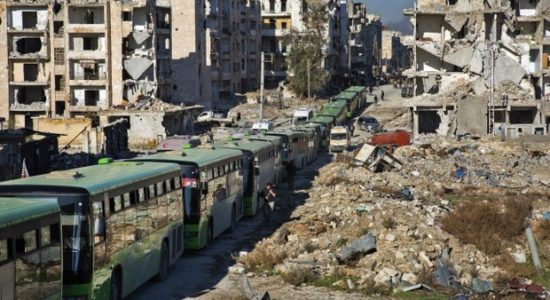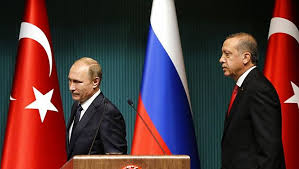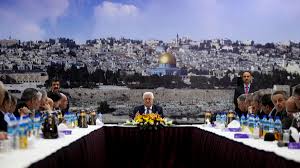Regional impacts of US withdrawal from Syria
The US decision to withdraw its troops from Syria should be considered from a political perspective, as well as the military implications. It is a clear sign that deteriorating relations between Ankara and Washington are being mended as Turkey is repla…











